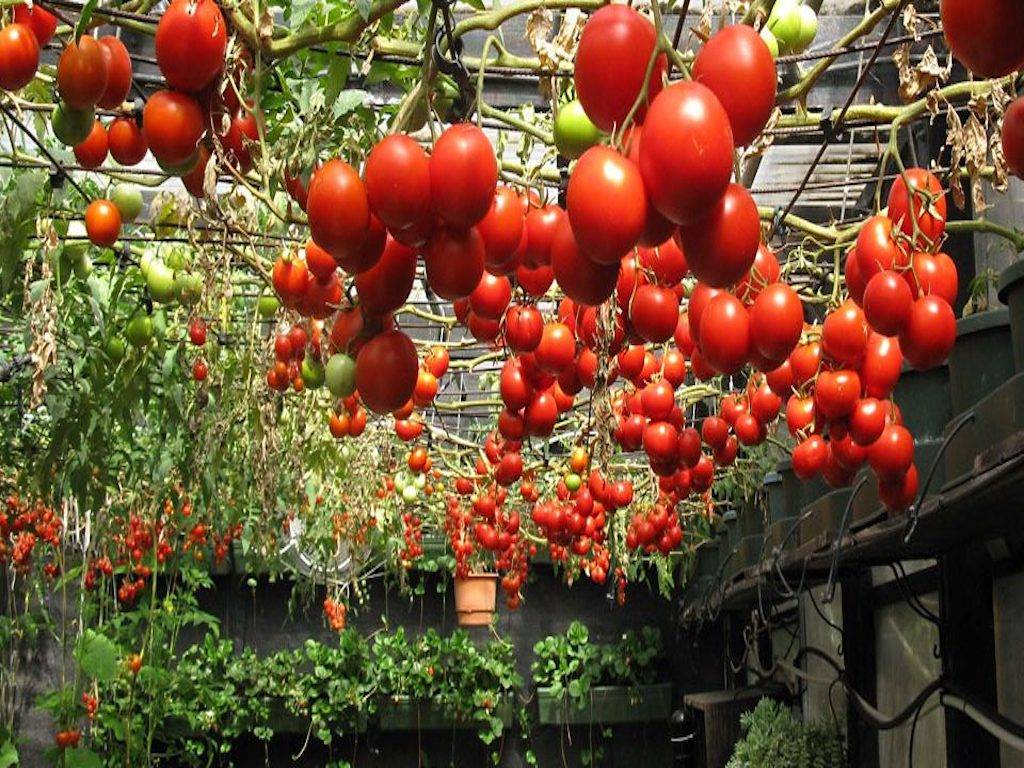
Mulching is critical for the health and growth of your tomato plants. It's also quite easy to execute and has a slew of advantages. Unfortunately, despite the benefits of mulching, many tomato growers ignore it.
For your tomato plants, try these five organic mulches:
Straw:
One of the most common mulching materials for tomato plants is straw. It's light and easy to break down, which helps to improve soil structure. Straw for mulching is available at garden centers; rice straw and wheat straw are popular choices.
Avoid using hay as a mulch since it typically contains weed seeds that will travel to other areas of your garden that you don't want them to. Mulch's purpose is to keep weeds at bay, not to encourage them.
Shredded Leaves:
Leaves that have been shredded make an excellent mulch. As the plants grow, they protect the soil and break down over time, improving soil health.
The essential term here is shredded. Although shredding leaves is an additional step, it is required. Leaves that aren't shredded lose all of their mulching benefits and can harm your plants in the long run.
Compost:
Most gardeners have compost on hand, whether it's homemade or purchased from a store. Before planting, compost is used to improve soil structure and increase the amount of organic material in the soil. However, after planting, you can apply another layer of mulch on top of the soil.
Compost will need to be supplied more frequently than other mulches since it mixes with the soil much faster. However, because it breaks down faster than other organic mulches, it will enhance the soil faster.
Grass Clippings:
Grass clippings are accessible all year and provide an almost limitless source of mulch for small and large gardens.
Before using grass clippings, make sure they're completely dry. Wet grass will stick together and form a carpet on top of the soil, obstructing the passage of water and air. It also has an unpleasant odor when wet, which you won't want to deal with in the garden.
Bark Chips
For design-conscious gardeners, bark chips are a popular mulching option. They're one of the most appealing mulches, and they take a long time to break down, so you won't have to mulch as much over the season.
However, there is a drawback to this design advantage. Wood-based mulches, such as bark chips or shredded hardwood, can alter the soil's composition as they decompose. You'll need to keep a closer eye on the soil for changes in pH levels and restore what the soil has lost with a nitrogen-rich fertilizer.
However, there is a drawback to this design advantage. Wood-based mulches, such as bark chips or shredded hardwood, can alter the soil's composition as they decompose. You'll need to keep a closer eye on the soil for changes in pH levels and restore what the soil has lost with a nitrogen-rich fertilizer.











